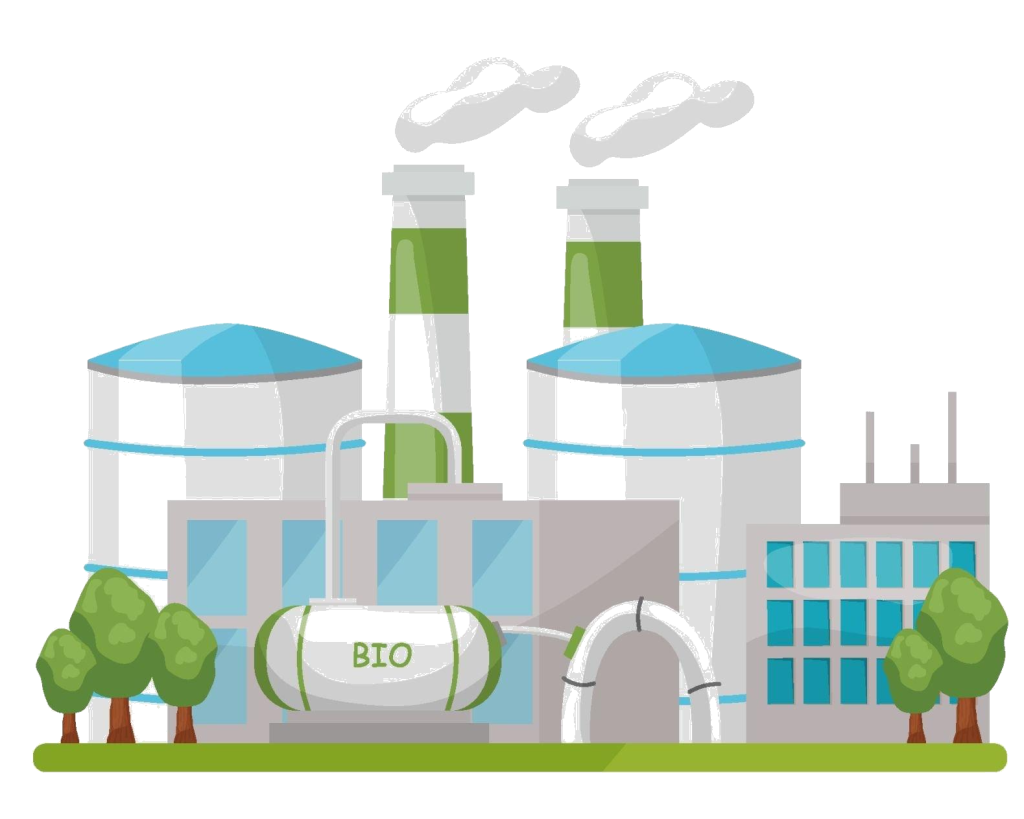Biomass Power Plants

Introduction to Biomass Power Plants
Biomass power plants are facilities that generate electricity from biomass feedstocks, such as wood pellets, agricultural residues, or dedicated energy crops. These feedstocks are combusted or converted into biogas through various processes, and the resulting energy is harnessed to generate electricity. Biomass power plants offer a renewable energy solution that utilizes organic materials and contributes to reduced greenhouse gas emissions.
Question 1: What are Biomass Power Plants?
a) Facilities that generate electricity from biomass feedstocks
b) Facilities that extract oil from biomass
c) Facilities that convert solar energy into electricity
Answer: a) Facilities that generate electricity from biomass feedstocks
Types of Biomass Power Plants
There are several types of biomass power plants, including:
- Combustion Plants: Biomass feedstocks, such as wood chips or agricultural residues, are burned to produce heat, which is then used to generate steam and drive turbines for electricity production.
- Biogas Plants: Biomass feedstocks, such as organic waste or energy crops, are processed through anaerobic digestion to produce biogas, which is then used to generate electricity or heat.
- Cofiring Plants: Biomass feedstocks are co-fired with coal in existing coal-fired power plants, reducing the carbon intensity of the energy produced.
Question 2: What are some types of Biomass Power Plants?
a) Solar power plants, Wind farms, Hydroelectric plants
b) Combustion plants, Biogas plants, Cofiring plants
c) Nuclear power plants, Geothermal power plants, Fossil fuel power plants
Answer: b) Combustion plants, Biogas plants, Cofiring plants
Advantages of Biomass Power Plants
Biomass power plants offer several advantages:
- Renewable Energy Source: Biomass is a renewable and sustainable energy source that can help reduce reliance on fossil fuels.
- Waste Reduction: Biomass power plants can help divert organic waste from landfills, reducing methane emissions and promoting waste management.
- Carbon Neutrality: Biomass combustion releases carbon dioxide, but since biomass feedstocks absorb CO2 during their growth, biomass power plants are considered carbon-neutral or have lower carbon emissions compared to fossil fuels.
Question 3: What are some of the advantages of Biomass Power Plants?
a) Depletion of natural resources, Increased waste volume, High carbon emissions
b) Renewable energy source, Waste reduction, Carbon neutrality
c) Fossil fuel extraction, Nuclear waste production, Landfill disposal
Answer: b) Renewable energy source, Waste reduction, Carbon neutrality
Case Studies
Well Done !